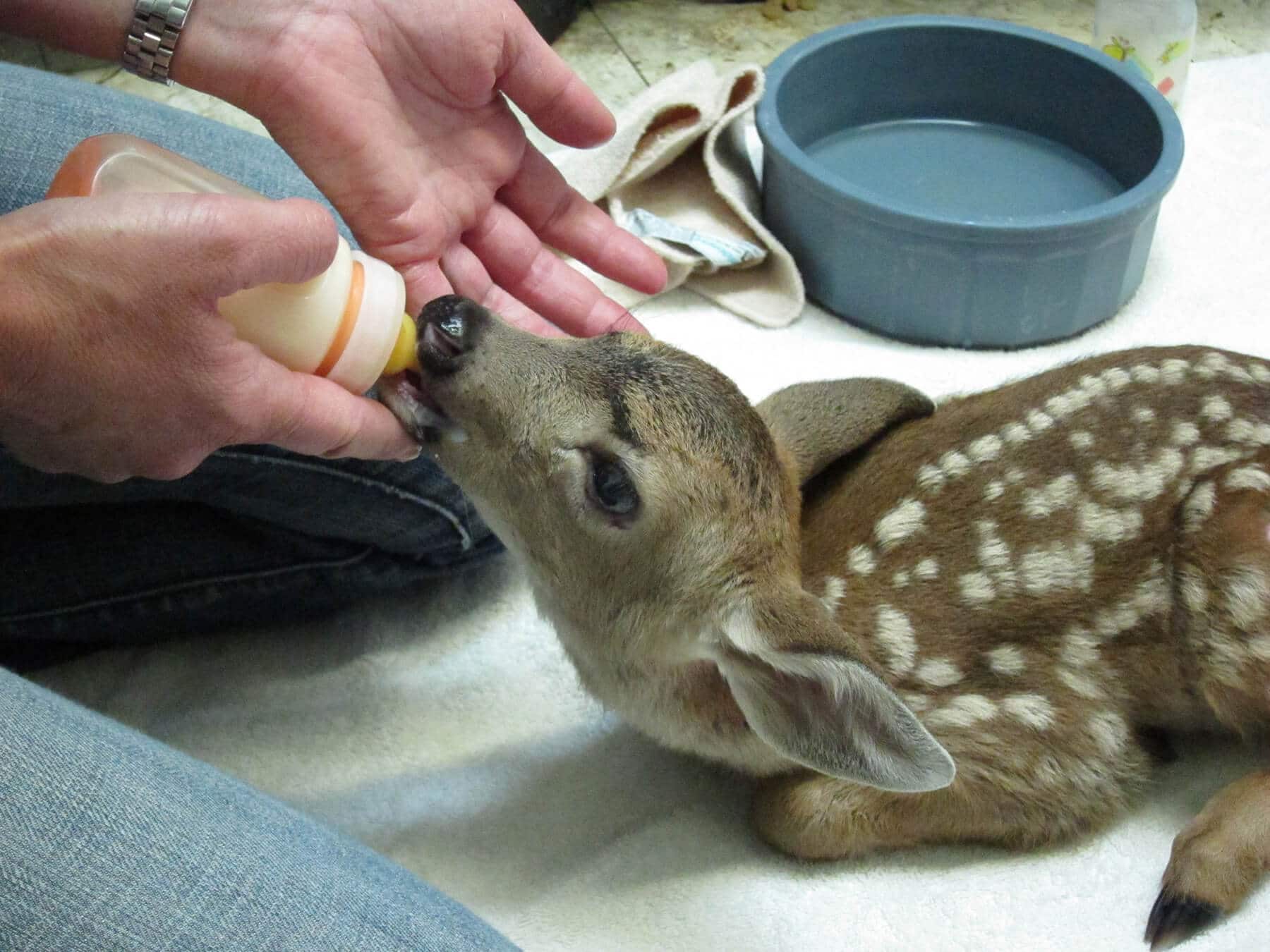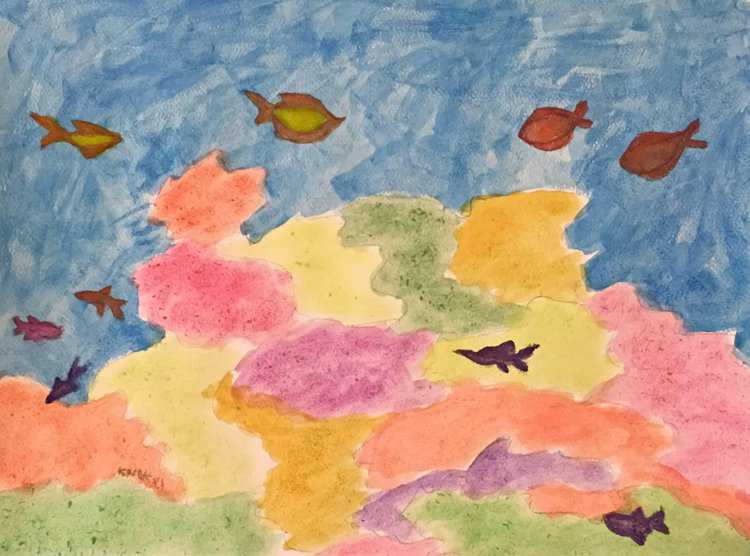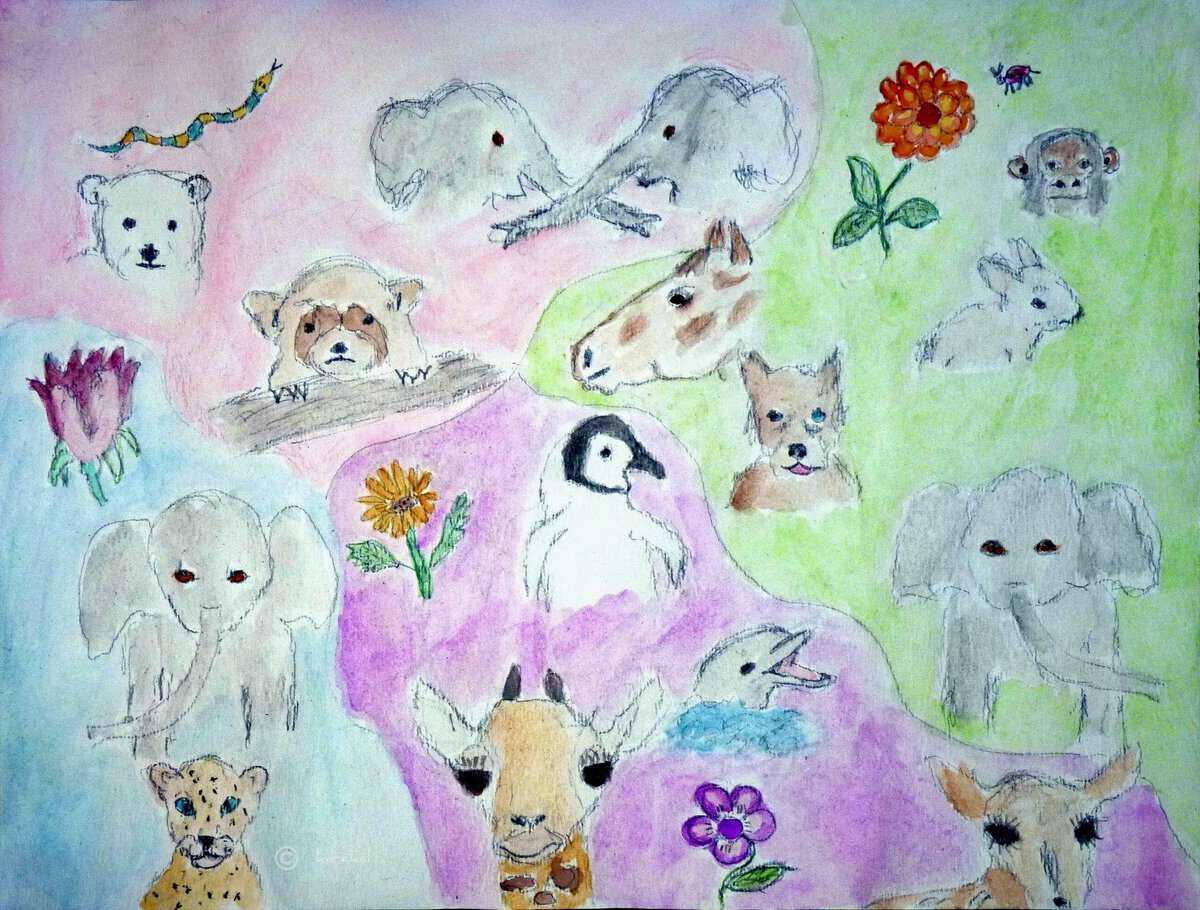Seeing an animal injured or stressed is upsetting to the best of humanity, and wanting to help them feels like second nature. Sometimes, no matter how hard someone tries, it can be really easy to do the wrong thing while trying to do the right thing, especially when it comes to wildlife.
As winter is fast approaching, there will more than likely be animals that will need some assistance, which is why this piece is here to help.
Read on to learn how you can look after an injured animal that needs immediate help.
Create a Safe Space Around the Animal
If the animal is injured but is still able to move, you might find that when they approach you, they will be looking for an escape or to defend themselves from perceived danger. It is natural for them to believe you are a threat, so it is important not to handle the animal immediately. What you can do in the meantime is clear the area around them and make it apparent to any vehicles if you are located near, on, or on the side of the road to help them be redirected around the animal.
Contact Relevant Authorities for Help
The next thing you will want to do, if you are able to, is contact professionals who can provide the right assistance. Depending on where you are will depend on where it is best to call.
For Seattle, you can choose from:
- King County Animal Services: 206-296-7387.
- Seattle Wildlife Rehabilitation Clinic: 206-799-6403.
- Washington Wildlife Commission: 360-902-2200.
- Seattle Police Department: 206-625-5011.
If you are not able to get hold of anyone or find help, you might have to take matters into your own hands. If you end up looking after the animal yourself, you can also contact a vet, such as Orting Animal Hospital, for medical help and advice.
Comfort the Animal
An injured animal is most likely going to be in distress, so if you can provide some comfort safely, then you should do so. Of course, this will depend on the animal you are dealing with as to whether you should handle them, get close, or just monitor them from afar. If you have managed to get some professional advice, be sure to follow that. If you aren’t sure, keep your distance, and don’t handle anything that could bite you and pass on diseases, such as bats.
Make Sure to Keep Calm
Seeing an injured animal and being an injured animal means there is stress for everybody involved. However, you are (most likely) much more powerful than an injured animal, which means keeping calm is essential for not freaking them out. Try not to panic, as animals can easily pick up on stress and changes – the calmer you are, the more likely the calmer they will be.
Taking care of an injured animal is a noble thing that should be done whenever possible – if you aren’t sure what to do, ask for professional help.







Leave a Reply